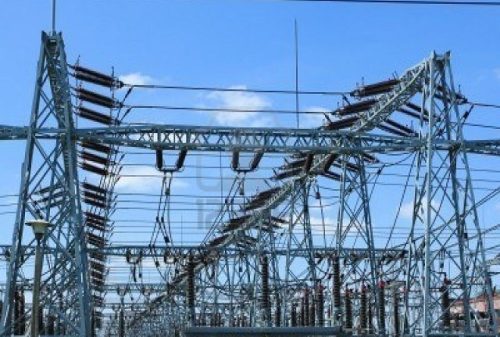The Federal Government of Nigeria reportedly spent N375.8 billion on electricity subsidies from January to September of the current year, according to information obtained from the Nigerian Electricity Regulatory Commission (NERC). During the same period, power consumers paid a total of N782.6 billion for electricity.
The subsidy figures indicated that the government subsidized electricity in the first, second, and third quarters of 2023. The power distribution companies billed a total of N1.06 trillion nationwide over the nine-month period, but collections amounted to N782.6 billion, despite numerous power outages across Nigeria.
The subsidy payments increased from N36 billion in the first quarter to N135.2 billion in the second quarter, and further rose to N204.6 billion in the third quarter. Reasons cited for the subsidy included the absence of cost-reflective tariffs.
The NERC’s report explained that due to the absence of cost-reflective tariffs, the government covered the gap between the cost-reflective and allowed tariff as tariff shortfall funding. This funding was applied to invoices from the Nigerian Bulk Electricity Trading Company (NBET) that are to be paid by distribution companies (Discos).
The report highlighted that the government’s subsidy obligation for the third quarter of 2023 increased to N204.59 billion, representing a 51.3 percent rise compared to N135.23 billion incurred in the second quarter. This increase was attributed to the government’s policy to harmonize exchange rates.
Regarding the payment of electricity bills, consumers paid N247.09 billion, N267.86 billion, and N267.61 billion in the first, second, and third quarters of 2023, respectively, totaling N782.56 billion. The collection efficiency for the third quarter improved to 76.56 percent, up from 75.54 percent in the second quarter.
The NERC’s report also revealed that, in the third quarter of 2023, Discos collectively remitted N158.43 billion out of N208.7 billion upstream invoices, resulting in a remittance performance of 75.91 percent, down from 95.21 percent in the second quarter.
The president of the Electricity Consumers Association of Nigeria expressed concerns about the lack of clarity regarding the claimed government subsidy on electricity. He emphasized the need for a transparent process to provide visibility into the government’s commitment and enable better understanding by the public.
























